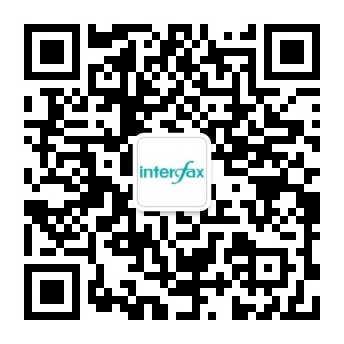INGELHEIM, Germany -- (BUSINESS WIRE) --
Boehringer Ingelheim today announced results from GioTag, a real-world retrospective study which examined the impact of first-line Giotrif®/Gilotrif® (afatinib) followed by osimertinib, in epidermal growth factor receptor mutation-positive (EGFR M+) non-small cell lung cancer (NSCLC) patients with acquired T790M mutations, the most common mechanism of resistance to first- and second-generation EGFR tyrosine kinase inhibitors (TKIs). The results showed that the sequential strategy was effective in delaying subsequent chemotherapy treatment and were published today in the journal Future Oncology.
According to the study, the median time on treatment for sequential afatinib and osimertinib was 27.6 months. In this broad, real-world population, the clinical benefit was consistent across all patient subgroups, with particularly encouraging results seen in those with exon 19 deletion (Del19)-positive disease (median time on treatment 30.3 months) and Asian patients (median time on treatment 46.7 months). Additionally, the 2 year and 2.5 year overall survival (OS) rates were 78.9% and 68.8%, respectively.1
Among the patients included in this study, 15.3% had a poor performance status at the start of afatinib treatment (as defined by ECOG performance status ≥2), ordinarily precluding them from clinical trials.1
While osimertinib is an effective first-line treatment,2 there is a lack of approved subsequent TKI treatment options, and many patients progress to chemotherapy following osimertinib failure.1 The results suggest that the sequential strategy of afatinib and osimertinib might offer sustained clinical benefit to a substantial number of patients, prolonging the chemotherapy-free treatment period.1
“With more targeted treatment options becoming available, it is important to understand the impact of multiple lines of targeted therapies on patient outcomes,” said Dr. Maximilian J. Hochmair, Medical Oncologist, Department of Respiratory and Critical Care Medicine, Otto Wagner Hospital and coordinating investigator in the trial. “The results of GioTag show that sequential treatment with afatinib and osimertinib is an attractive strategy in patients with EGFR mutation-positive NSCLC, offering a sustained clinical benefit to a substantial number of patients while – importantly – extending the time patients are kept off chemotherapy.”
Dr. Victoria Zazulina, Global Head of Solid Tumour Oncology, Medicine at Boehringer Ingelheim, said, “We saw through a recent global survey published at WCLC that many physicians do not feel they have enough information to make informed treatment decisions on how to make the most of the available targeted treatments for patients with EGFR M+ NSCLC; in the absence of randomised data, real-world evidence may help inform treatment decisions. GioTag is the first global study in EGFR M+ NSCLC looking at the sequencing of targeted therapies as it is used in daily clinical practice. These results will provide more insights on the use of EGFR TKIs, looking beyond first-line to maximise overall longer-term impact of targeted therapies in NSCLC.”
Results of a recent global survey of HCPs’ attitudes about sequencing treatments for EGFR M+ NSCLC patients are available here. Full results from the GioTag study will be presented at an upcoming medical conference later this year.
~ENDS~
Please click on the link for ‘Notes to Editors’ and ‘References’: http://www.boehringer-ingelheim.com/press-release/giotagsequencingresults
For more information, please visit: www.boehringer-ingelheim.com
Further Media Channels
www.facebook.com/boehringeringelheim
www.twitter.com/Boehringer
www.youtube.com/user/boehringeringelheim
View source version on businesswire.com: https://www.businesswire.com/news/home/20181019005212/en/
CONTACT:
Boehringer Ingelheim
Tetsu Owari
Corporate Communications
Media + PR
Phone: +49 6132 – 77 184867
Mobile: +49 (151) 14368601
Fax: +49 6132 – 77 6601
Email: press@boehringer-ingelheim.com




